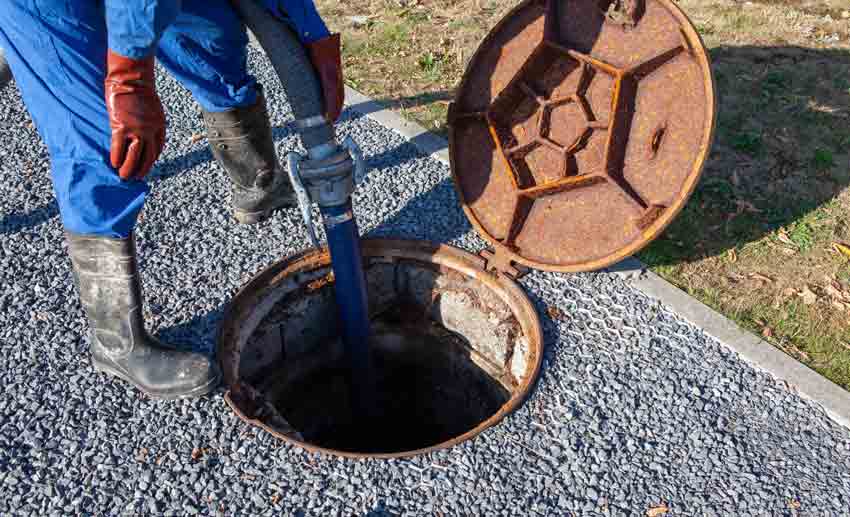
Septic systems are an essential part of wastewater management for homes that are not connected to a municipal sewer system. While they are generally effective and long-lasting, septic systems can fail due to various factors, many of which are preventable with proper maintenance. Here are some common reasons why septic systems fail:
Lack of regular maintenance
One of the most frequent reasons for septic system failure is neglecting regular maintenance. Septic tanks need to be pumped out on a regular schedule to remove the accumulated solid waste (sludge). If not pumped, this sludge can overflow into the drain field, clogging it and leading to system failure. Regular inspections and pumping ensure that the system remains in good working order and helps prevent costly repairs.
Overloading the system
Septic systems are designed to handle a specific amount of wastewater based on the size of the household. Overloading the system with too much water can overwhelm the tank and the drain field, preventing proper separation of solids and liquids. Excessive water from long showers, running the dishwasher, or doing multiple loads of laundry in a short time frame can strain the system. It’s important to spread out water usage and conserve water to avoid overloading the septic system.
Improper disposal of waste
Many homeowners unknowingly flush or pour harmful substances into their septic systems, leading to blockages or damage. Non-biodegradable items like sanitary products, diapers, wipes, and even excessive amounts of toilet paper can clog pipes and the tank. Furthermore, harsh chemicals such as bleach, solvents, and other toxic substances can kill the beneficial bacteria in the tank that break down waste, disrupting the system’s balance and functionality.
Tree root intrusion
Tree roots are naturally attracted to sources of water, and if they are planted too close to the septic system, they can infiltrate the pipes or even the tank. Over time, these roots can cause significant damage by cracking or blocking pipes, leading to system failure. It’s important to plant trees and large shrubs far from the septic system to avoid this issue.
Drain field issues
The drain field (or leach field) is a critical part of a septic system, responsible for filtering and dispersing the wastewater into the soil. If the soil becomes compacted, either due to heavy machinery driving over the area or improper landscaping, it can prevent proper drainage. Additionally, excessive water use or poor soil conditions, like clay-heavy soil, can lead to a waterlogged drain field, causing wastewater to back up into the home or rise to the surface.
Age of the system
Septic systems typically have a lifespan of 20-30 years, depending on use and maintenance. Older systems, especially those that haven’t been well-maintained, may develop leaks, cracks, or other issues that contribute to system failure. In such cases, replacing the system or upgrading to a modern, more efficient one may be necessary.
Understanding these common causes of septic system failure can help homeowners take proactive steps to maintain their systems and avoid costly repairs or replacements. Regular maintenance, proper waste disposal, and mindful water usage are key to ensuring a long-lasting and functional septic system.

